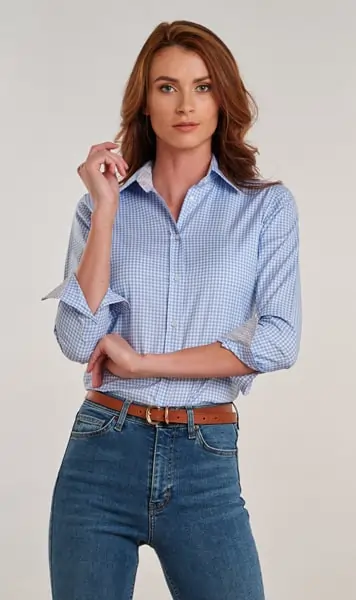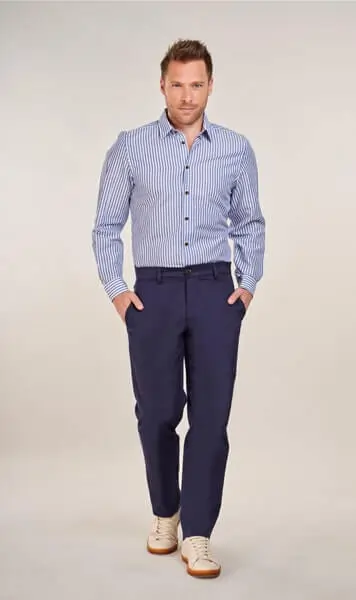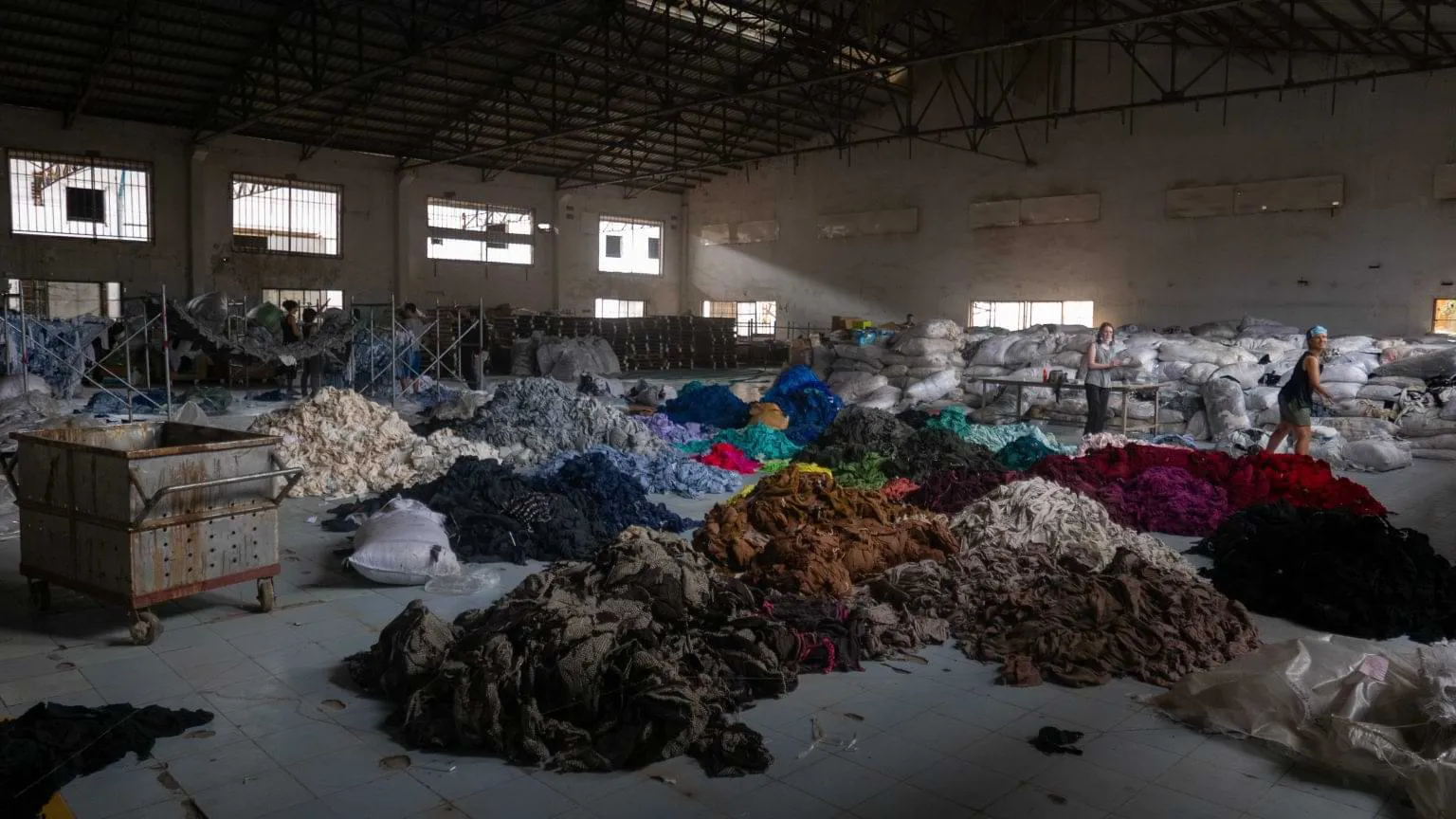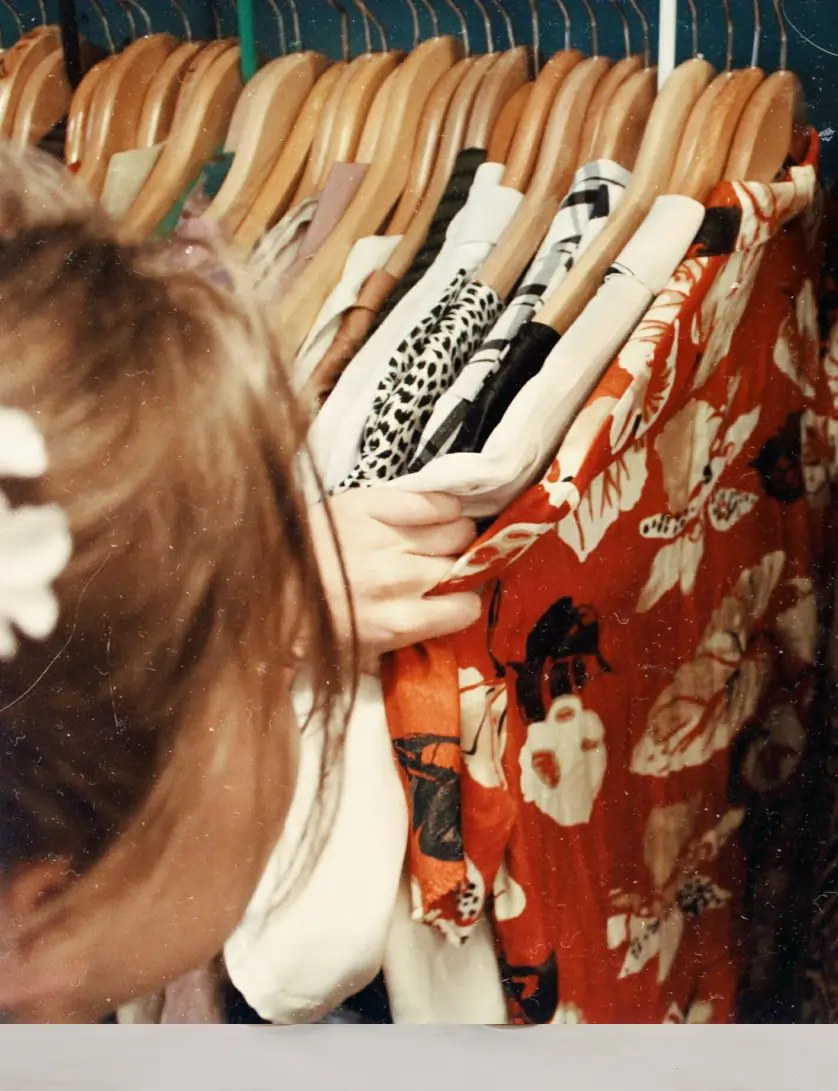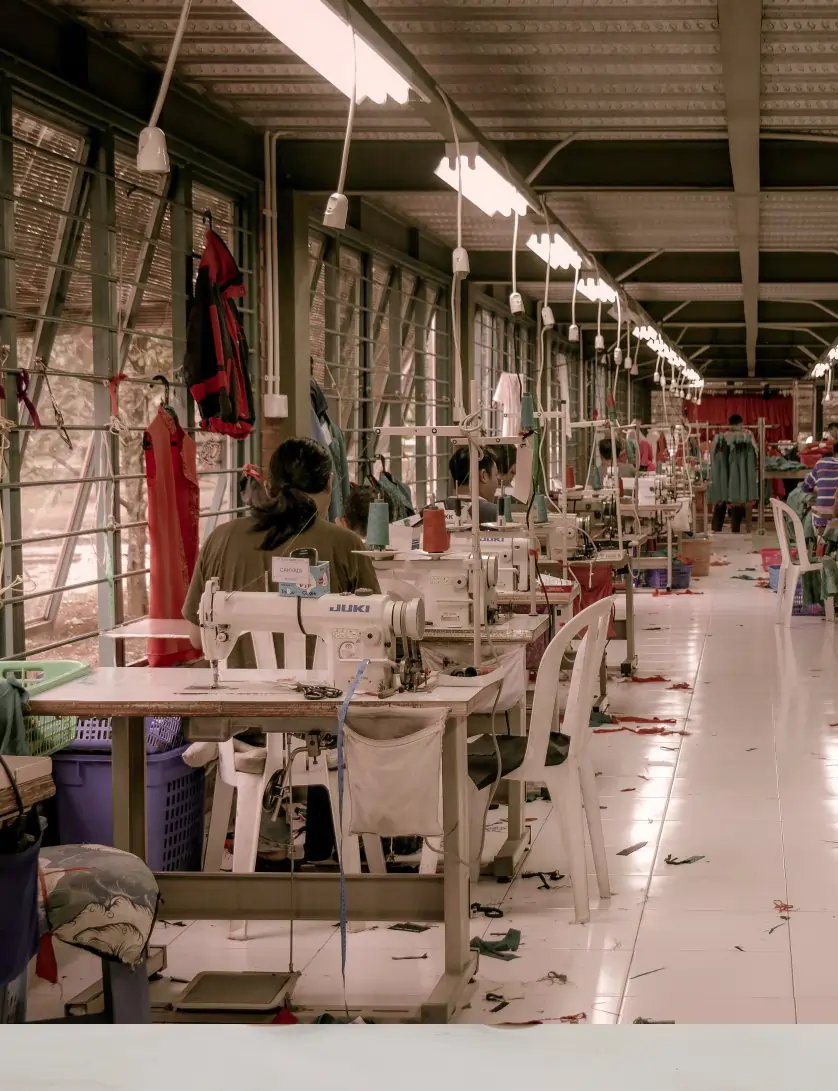The Importance of Transparency in the Fashion Industry
Who made your clothes? Do you know? Turns out most consumers have no idea as brands are very secret when it comes to their supply chains.
Why the secrecy? Truth is that many brands, especially those engaged in the fast fashion model are involved in a number of practices that would upset their customers.
These include:
The exploitation of workers in developing countries, and indeed around the world.
High carbon footprint with clothing being flown across the world
Low quality production methods
Man-made fibres that will not biodegrade when thrown away.
Exploitation of workers
The fast fashion industry employs more than 40 million garment workers worldwide. Most of them are women who live in developing countries. Many men and women earn less than a living wage and work long hours in very poor conditions. They work in factories and buildings that do not have building regulations with no health and safety considerations. The underpayment and exploitation however is not restricted to countries you might expect. A recent scandal in the UK found that workers in the fashion industry in Leicester UK were in fact being illegally paid less than half the minimum wage so these issues are closer to home than you think and indeed widespread throughout the globe. Somehow garment production has become synonymous with low wages. Whilst it is obvious if you do even a simple scrutiny of costs, cheap garments don’t stack up. If you see a top for sale at the bargain price of ten pounds, desire over thought takes over. Put simply, someone has had to make the fabric and sell it to the manufacturer at a profit including transport. The manufacturer needs to turn it into clothes and sell them to a retail outlet and make a profit including transport. The retail outlet needs to sell to the public at a cost which covers all of their expensive overheads yet still make a profit. In such a common supply chain it is quite clear that labour costs can only be extremely cheap, yet few give this simple calculation a moment’s thought.
High carbon footprint
With vast numbers of cheap garments being made around the world transportation becomes an issue alongside production. Moving these finished goods around the globe is obviously an environmental issue. However the high carbon footprint goes deep into the psyche of fast fashion itself. Production uses energy and to keep on encouraging new season after new season rather than multi wear garments tonnes of unnecessary production multiplies the use of energy.
Low quality production
It goes without saying that if garments are badly made they will go through very few wash cycles and are more likely to end up as part of the single use mountain discarded every year into landfill. A fast fashion mentality, single use is a major issue for the planet. In order to satisfy the drive to cheap clothing, worker conditions and quality are regularly sacrificed to meet volume and turnaround targets.
Man made fibres
Most man made fibres do not biodegrade but simply linger in landfill for thousands of years. You may not realise but Polyester, a fibre found in many cheap garments actually originates from oil. Whilst there are sometimes arguments for a small inclusion of man made fibres within a fabric to make sure they fit well and thus are less prone to be returned and more likely to be worn several times, it is better to look for natural fibres. However, as with our general ethos, transparency should also be available to check that there has been no worker exploitation in the raw material supply chain as a lot of natural fibres such as cotton are grown in developing countries.
Conclusion
Knowing the origin of your clothing and the conditions in which they were made is vital if you wish to take an ethical approach to your wardrobe. There are many considerations if you take it to the extreme, but Increased transparency from the brands supplying them is essential if exploitation is to never be covered up in the name of profit. The move to genuine sustainable fashion will be a long and arduous path, but as awareness of the harm caused by the fashion industry increases the market for garments with proven worker care and sustainability are emerging. Some companies sadly take to greenwashing to exaggerate their commitment to the cause but genuine ones do exist and are becoming more plentiful. Without doubt it needs a sea change but something needs to be done to protect the employees involved alongside the planet. Cheap imports have been around for such a long time that it has become a way of life for many to buy them and expect them to be available. Buying local from transparent brands is the way forward but inevitably leads to higher priced garments. Those who give thought to a more long term view recognise that if you pay more initially for a garment but wear it several times it actually works out cheaper.
Here at Wolf in Sheep's Clothing we recognise the value of quality manufactured garments and properly paid workers.
Our products such as our mens trousers and ladies shirts are made here in the UK and we use fabrics made predominantly from natural fibres. They are made to last and we clearly state both on our website and labelling in the product exactly what the fabric is and the country of manufacture, which is always our own factory in the UK.
Get involved
Do you believe in what we’re trying to do? We’d love your support.
Please share this link with friends and family to help them make better decisions. If we all do our bit, we can make a real difference.

